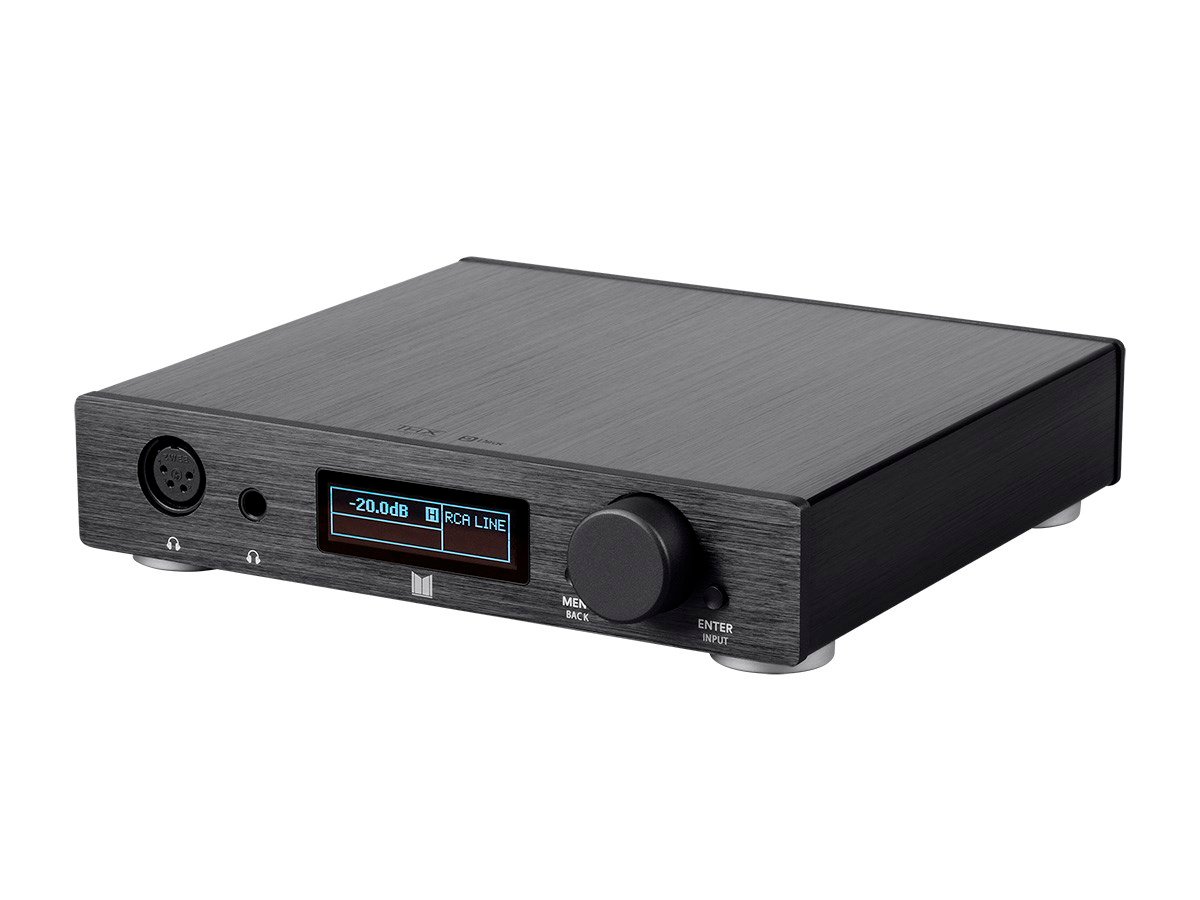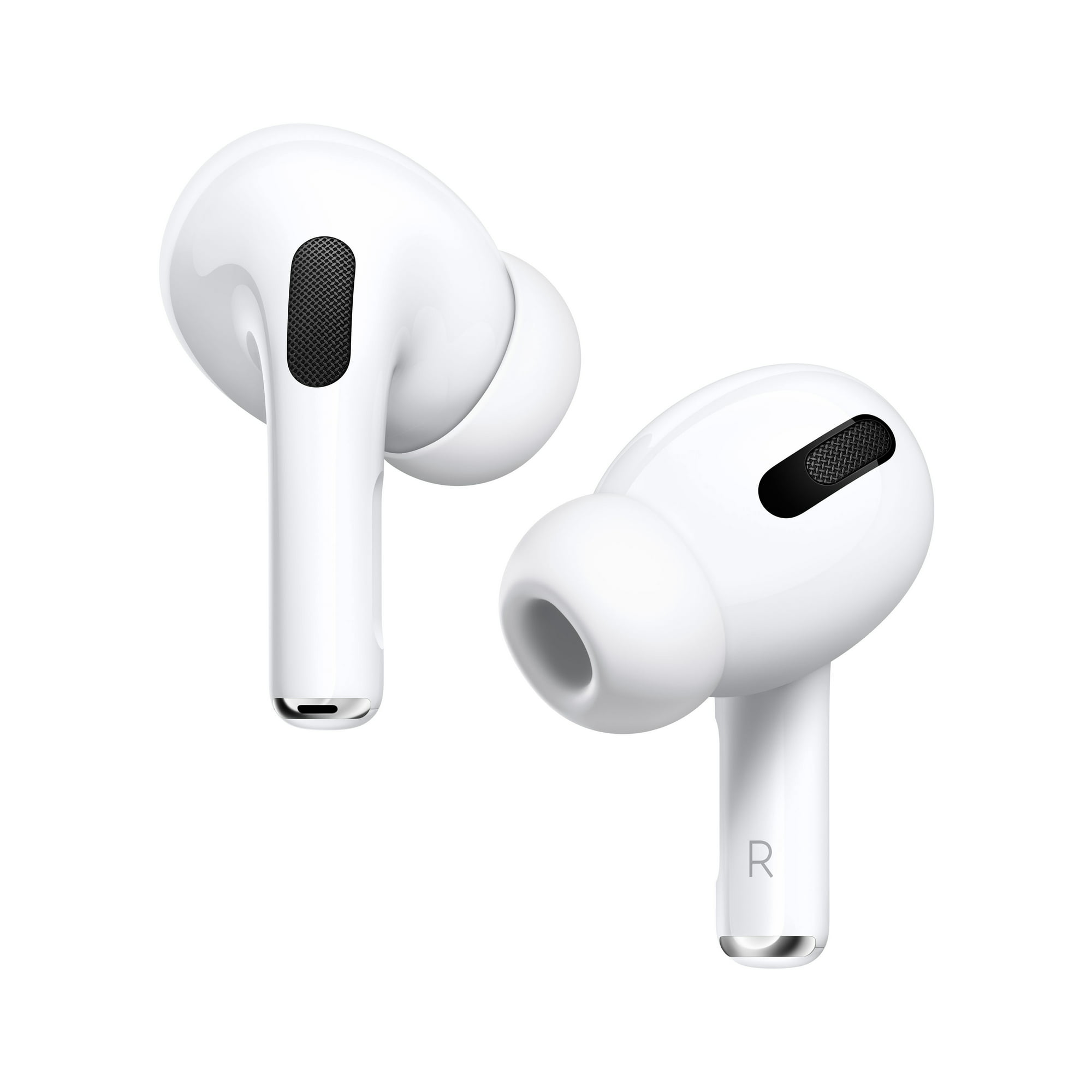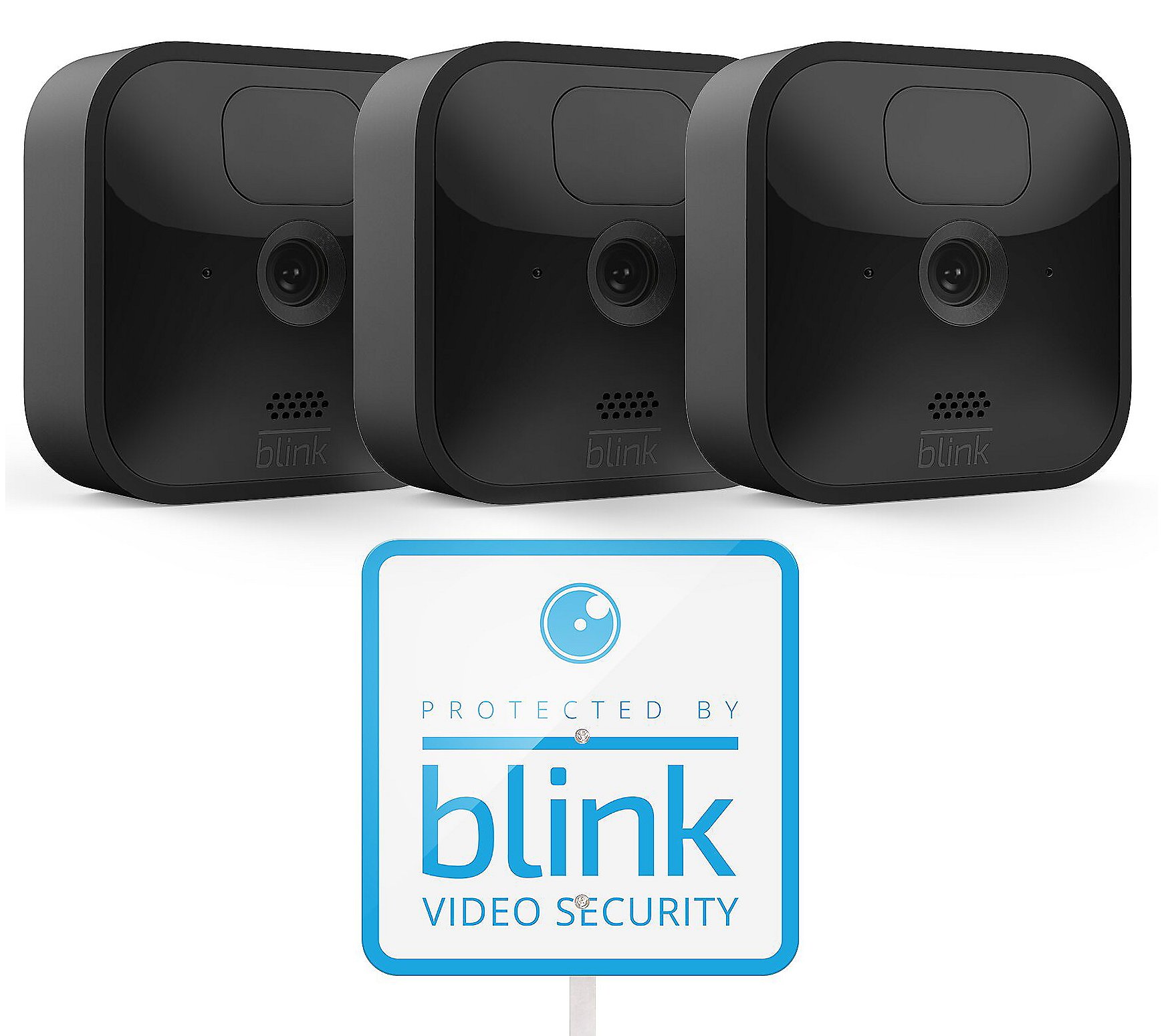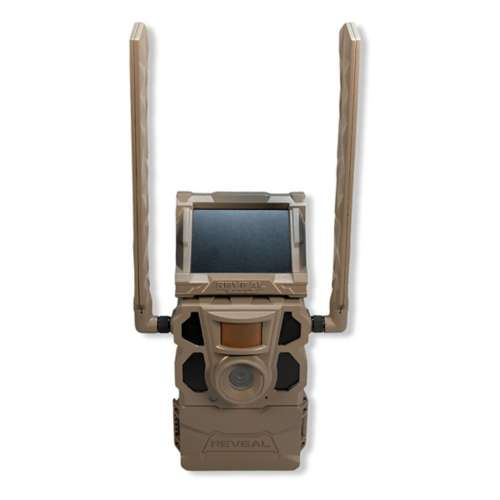Roku Ultra LT | HD/4K/HDR Streaming Device with Ethernet Port and Roku Voice Remote with Headphone Jack, includes Headphones
Roku Ultra LT is our 4K streaming player that packs a powerful quad-core processor for popular channels that launch in a snap. Enjoy a smooth streaming experience whether you are using Wi-Fi® or are plugged in for Ethernet.
- Enjoy your $ 5 Vudu Movie Credit on your Roku player: go to watch.vudu.com/roku to redeem. Redeemable code is found inside the Roku player box. Offer expires 12/31/20.
- Power-packed player: Roku Ultra LT has a quad-core processor ready for all-day streaming in HD, 4K, and HDR picture, the kind of performance you want for your main TV
- Smooth streaming: Get a connection that stands up to whatever you want to stream with dual-band Wi-Fi® or use the Ethernet port for wired streaming
- Brilliant picture quality: Experience your favorites in eye-popping HD, 4K, or HDR picture with amazing color and clarity that is optimized for your TV
- No more juggling remotes: Power up your TV, adjust the volume, and control your streaming device with one remote
- Voice search & control: Quickly search, play entertainment, and control your streaming device with the voice remote
- Private listening: Plug the included headphones into your Roku remote or use a wireless pair with the Roku mobile app to listen without disturbing the house
- Endless entertainment: Stream what you love with a massive selection of free, live, and premium TV, including award-winning Roku® Originals and 200+ live TV channels on The Roku Channel
Additional information
| Manufacturer Part Number | 4662RW |
|---|---|
| Model | 4662RW |
| Assembled Product Weight | 7.9 oz |
| Assembled Product Dimensions (L x W x H) | 4.00 x 4.00 x 0.80 Inches |
4K, 4-K or 4k may refer to:
- 4000 (number)
- Four kibibytes (4 × 1024 bytes, better written 4 KiB)
- 4K disk sector size (Advanced Format)
- 4K demoscene compo, a computer art competition using programs limited to 4 kibibytes
- The Java 4K Game Programming Contest
- 4K resolution, a collective term for digital video formats having a horizontal resolution of approximately 4,000 pixels
- 4K UHDTV, an ultra-high-definition television format
- 4K, the IATA airline code for Askari Aviation
- 4K, an alternative name for Cuatro Cabezas (Four Heads), an Argentine multimedia production company.
- 4K, model of Toyota K engine
- 4K, the production code for the 1976 Doctor Who serial The Brain of Morbius
- 4KScore test for prostate cancer screening
- Kenn Borek Air, a Canadian airline IATA code
A device is usually a constructed tool. Device may also refer to:
Ethernet ( EE-thər-net) is a family of wired computer networking technologies commonly used in local area networks (LAN), metropolitan area networks (MAN) and wide area networks (WAN). It was commercially introduced in 1980 and first standardized in 1983 as IEEE 802.3. Ethernet has since been refined to support higher bit rates, a greater number of nodes, and longer link distances, but retains much backward compatibility. Over time, Ethernet has largely replaced competing wired LAN technologies such as Token Ring, FDDI and ARCNET.
The original 10BASE5 Ethernet uses a thick coaxial cable as a shared medium. This was largely superseded by 10BASE2, which used a thinner and more flexible cable that was both cheaper and easier to use. More modern Ethernet variants use twisted pair and fiber optic links in conjunction with switches. Over the course of its history, Ethernet data transfer rates have been increased from the original 2.94 Mbit/s to the latest 400 Gbit/s, with rates up to 1.6 Tbit/s under development. The Ethernet standards include several wiring and signaling variants of the OSI physical layer.
Systems communicating over Ethernet divide a stream of data into shorter pieces called frames. Each frame contains source and destination addresses, and error-checking data so that damaged frames can be detected and discarded; most often, higher-layer protocols trigger retransmission of lost frames. Per the OSI model, Ethernet provides services up to and including the data link layer. The 48-bit MAC address was adopted by other IEEE 802 networking standards, including IEEE 802.11 (Wi-Fi), as well as by FDDI. EtherType values are also used in Subnetwork Access Protocol (SNAP) headers.
Ethernet is widely used in homes and industry, and interworks well with wireless Wi-Fi technologies. The Internet Protocol is commonly carried over Ethernet and so it is considered one of the key technologies that make up the Internet.
Headphones are a pair of small loudspeaker drivers worn on or around the head over a user's ears. They are electroacoustic transducers, which convert an electrical signal to a corresponding sound. Headphones let a single user listen to an audio source privately, in contrast to a loudspeaker, which emits sound into the open air for anyone nearby to hear. Headphones are also known as earphones or, colloquially, cans. Circumaural (around the ear) and supra-aural (over the ear) headphones use a band over the top of the head to hold the drivers in place. Another type, known as earbuds or earpieces, consists of individual units that plug into the user's ear canal; within that category have been developed cordless air buds using wireless technology. A third type are bone conduction headphones, which typically wrap around the back of the head and rest in front of the ear canal, leaving the ear canal open. In the context of telecommunication, a headset is a combination of a headphone and microphone.
Headphones connect to a signal source such as an audio amplifier, radio, CD player, portable media player, mobile phone, video game console, or electronic musical instrument, either directly using a cord, or using wireless technology such as Bluetooth, DECT or FM radio. The first headphones were developed in the late 19th century for use by switchboard operators, to keep their hands free. Initially, the audio quality was mediocre and a step forward was the invention of high fidelity headphones.
Headphones exhibit a range of different audio reproduction quality capabilities. Headsets designed for telephone use typically cannot reproduce sound with the high fidelity of expensive units designed for music listening by audiophiles. Headphones that use cables typically have either a 1⁄4 inch (6.4 mm) or 1⁄8 inch (3.2 mm) phone jack for plugging the headphones into the audio source. Some headphones are wireless, using Bluetooth connectivity to receive the audio signal by radio waves from source devices like cellphones and digital players. As a result of the Walkman effect, beginning in the 1980s, headphones started to be used in public places such as sidewalks, grocery stores, and public transit. Headphones are also used by people in various professional contexts, such as audio engineers mixing sound for live concerts or sound recordings and DJs, who use headphones to cue up the next song without the audience hearing, aircraft pilots and call center employees. The latter two types of employees use headphones with an integrated microphone.
A port is a maritime facility comprising one or more wharves or loading areas, where ships load and discharge cargo and passengers. Although usually situated on a sea coast or estuary, ports can also be found far inland, such as Hamburg, Manchester and Duluth; these access the sea via rivers or canals. Because of their roles as ports of entry for immigrants as well as soldiers in wartime, many port cities have experienced dramatic multi-ethnic and multicultural changes throughout their histories.
Ports are extremely important to the global economy; 70% of global merchandise trade by value passes through a port. For this reason, ports are also often densely populated settlements that provide the labor for processing and handling goods and related services for the ports. Today by far the greatest growth in port development is in Asia, the continent with some of the world's largest and busiest ports, such as Singapore and the Chinese ports of Shanghai and Ningbo-Zhoushan. As of 2020, the busiest passenger port in Europe is the Port of Helsinki in Finland. Nevertheless, countless smaller ports do exist that may only serve their local tourism or fishing industries.
Ports can have a wide environmental impact on local ecologies and waterways, most importantly water quality, which can be caused by dredging, spills and other pollution. Ports are heavily affected by changing environmental factors caused by climate change as most port infrastructure is extremely vulnerable to sea level rise and coastal flooding. Internationally, global ports are beginning to identify ways to improve coastal management practices and integrate climate change adaptation practices into their construction.
Roku ( ROH-koo) is a brand of consumer electronics that includes streaming players, smart TVs (and their operating systems), as well as a free TV streaming service. The brand is owned by Roku, Inc, an American company. As of 2024, Roku is the leading streaming TV distributor in the U.S., reaching nearly 120 million people.
With or WITH may refer to:
- With, a preposition in English
- Carl Johannes With (1877–1923), Danish doctor and arachnologist
- With (character), a character in D. N. Angel
- With (novel), a novel by Donald Harrington
- With (album), a 2014 album by TVXQ
- With (EP), a 2021 EP by Nam Woo-hyun






by Rusty
We love the new Roku box it is Crystal clear and it is fast
by Mike
easy to set up. The network cable eliminates bufferning. the remote controls the TV making the entire setup very convenient.
by Mary
It works fine but need to buy a cord to use fully with our set. Would not have thought that but may be more our set except our other set and newer sets come preloaded so seems a bit odd.
by Ann
This is my third Roku and I can’t say enough about these devices that work exceptionally well. I chose this model because it has Ethernet, which is the Internet connection we have in our rural home. They last several years, are reasonably priced and rarely, if ever, present with technical issues. My husband and I use them for TV viewing. We cut the cord with cable several years ago and streaming is not only cheaper but so much more enjoyable. I highly recommend Roku which incidentally is also very easy to use.
by Jamie
Great price and so easy to order Everything was great.